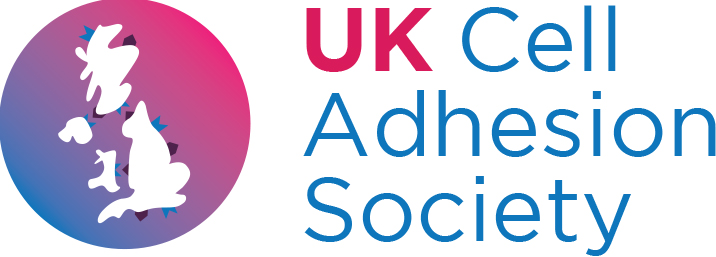31st UKCAS meeting report
The 31st UK Cell Adhesion Meeting was held in Birmingham on the 1st and 2nd July. The meeting attracted fifty attendees from across the UK and beyond. A lively and friendly event, the meeting provided the perfect opportunity for delegates to discuss the latest research in the field and form new contacts within the research community.
Professor Arne Akbar (from University College London) kicked off the meeting on Monday morning with a talk that succeed in providing an overview of inflammageing and work from his own lab on leukocyte migration and work from his own lab recruitment of antigen-specific T-cells in older adults. Interestingly, older adults with a high ongoing inflammatory response in their peripheral tissues, have a much reduced ability to recruit antigen-specific T-cells due to the induction of two inhibitory axis’s, which may have therapeutic benefit to enhance vaccine or tumour responses in older adults.
Throughout both days the conference was littered with animated discussions around keynote speaker talks, short oral communication and poster sessions – where PhD students and early career researchers excelled in highlighting their research.Many of the delegates and speakers attended a friendly and relaxed social event at Council House in Birmingham after day one, where the Society’s President Award 12 PhD students and early career researchers Travel Awards.
Highlights of the meeting included fluorescence imaging from Dr Helen Weaver (University of Bristol) who showed movies of innate leukocytes migrating into damaged tissues in drosophila, and how the wound simultaneously triggers an inflammatory response and cytoprotective reparative response. The meeting was closed by Dr John O’Neill (MRC Laboratory in Molecular Biology, Cambridge) delivering a thought provoking talk on the link between circadian rhythm and the speed of wound repair in humans.

